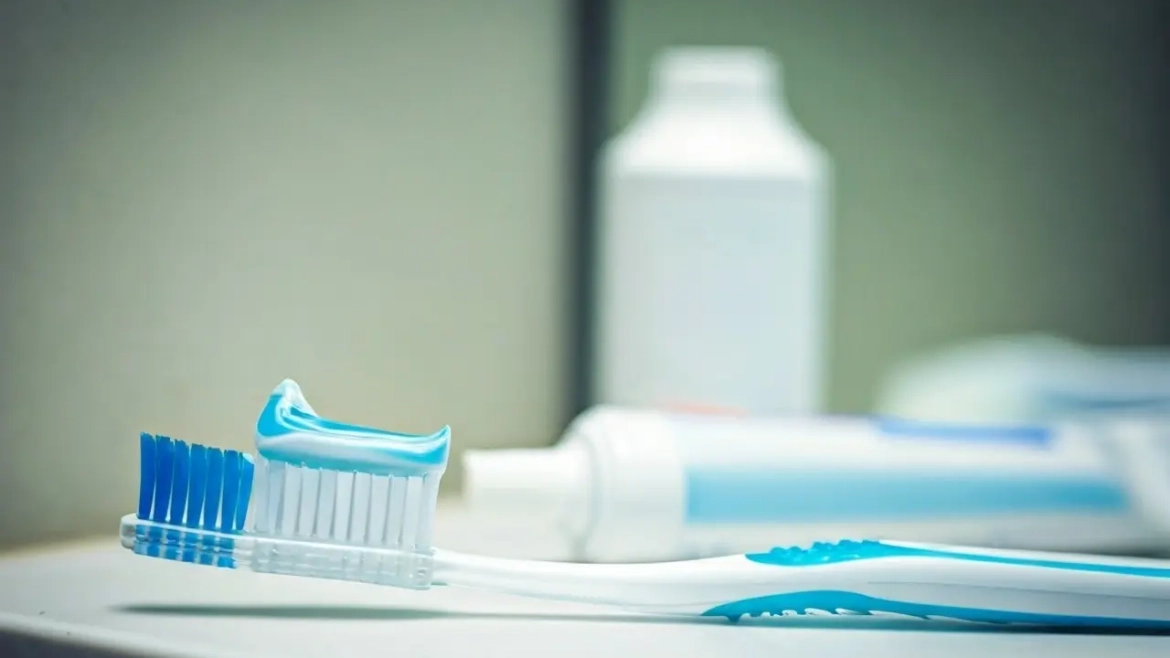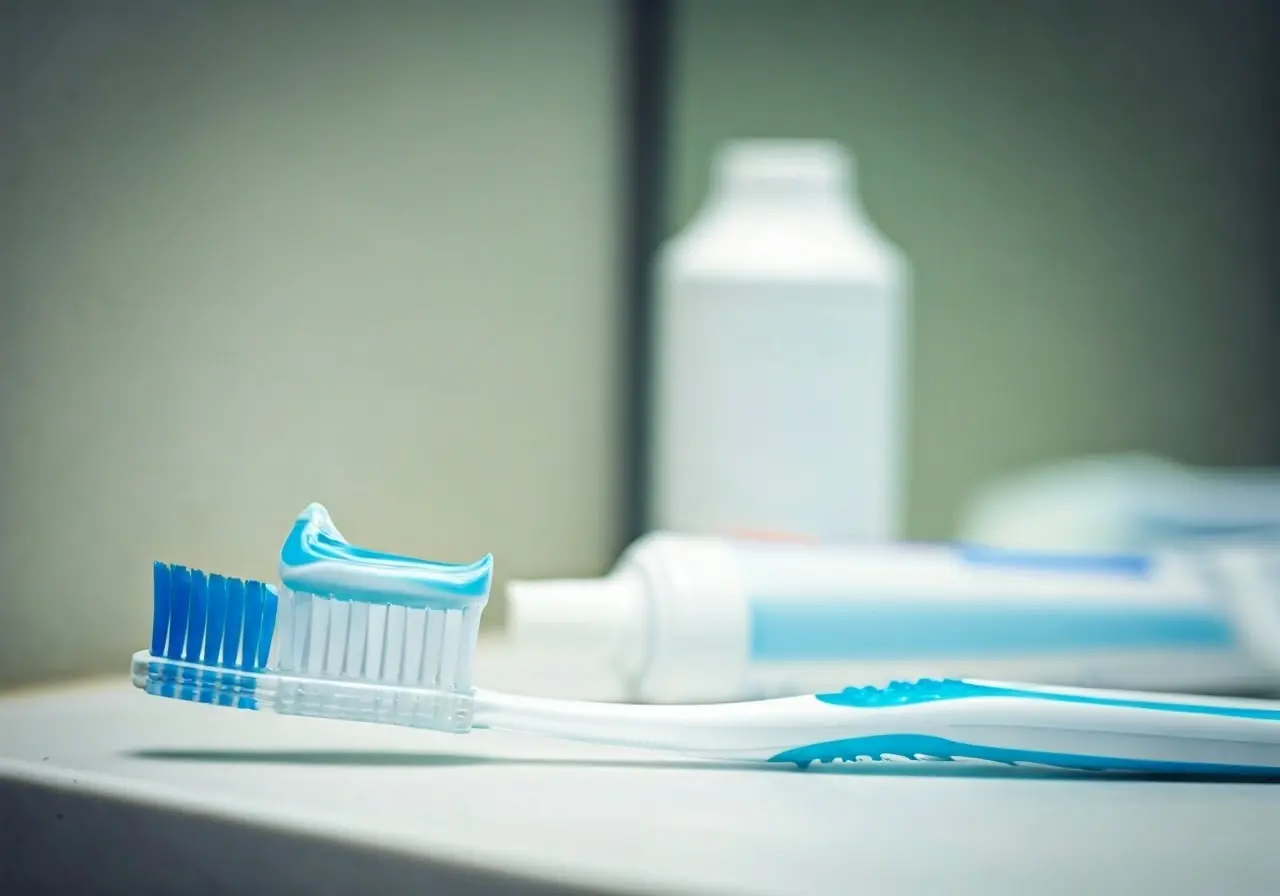Tooth desensitization is a common issue that many people face, experiencing discomfort when consuming hot, cold, sweet, or acidic foods. Understanding the causes of this sensitivity can help you take the necessary steps to alleviate it. Let’s explore why your teeth might be feeling more sensitive than usual.
What is Tooth Desensitization?
Tooth desensitization, often referred to as tooth sensitivity, occurs when the nerve endings in a tooth become exposed, typically due to worn enamel or receding gums. This exposure leads to discomfort or pain when the teeth encounter certain stimuli.
Sensitive teeth can react to various triggers including hot, cold, sweet, or sour foods and drinks. Even breathing in cold air sometimes sends a sharp sensation shooting down into those sensitive nerve endings. It’s quite a common condition, so if you’re experiencing it, rest assured you’re not alone in this discomfort. According to the Cleveland Clinic, enamel erosion or gum recession are primary culprits behind this sensation.
When the protective layer of enamel on our teeth gets worn down, or when gums start receding, the more sensitive inner part of the tooth, known as dentin, gets exposed. This exposure leads to the sensitivity you might be feeling. At the heart of each tooth is the pulp, a soft core containing nerves and blood vessels. The route to this inner core turns into a sensitive highway with tiny tubules that are exposed once the enamel is worn or gums recede.
Causes of Enamel Erosion
Enamel erosion is one of the leading causes of tooth desensitization. It can result from frequent consumption of acidic foods, aggressive brushing, teeth grinding, or acidic reflux conditions.
Acidic foods and drinks like citrus fruits, sodas, and vinegary dressings might taste delicious, but they also pose a risk to your enamel. Over time, these acidic substances wear away the tough, protective outer layer of your teeth. As the enamel erodes, the dentin beneath is laid bare, leading to sensitivity. This means enjoying a refreshing glass of lemonade or indulging in some tangy salad can unexpectedly bring about that shock of pain.
Aggressive brushing is another silent offender. While it might feel satisfying to scrub your teeth vigorously, doing so with too much zeal can wear down your enamel. Opting for a toothbrush with soft bristles and using a gentle hand will do wonders for maintaining your enamel’s integrity.
How Gum Recession Contributes to Sensitivity
Gum recession is another significant factor that can lead to tooth desensitization. As gums pull back from the tooth surface, the sensitive root is exposed, resulting in increased sensitivity.
Gum recession often results from periodontal diseases, which make the gums turn from a supportive foundation into a receding shoreline. As the gums retreat, the roots of the teeth lose their protective covering. This exposure brings about increased sensitivity, as the newly revealed roots aren’t equipped with a protective enamel layer.
With gum recession, it’s not uncommon to experience this tooth sensitivity more severely. Gum health is, therefore, crucial in managing tooth sensitivity. Regular dental check-ups can help track gum health and address any issues before significant recession occurs.
The Role of Dental Procedures
Certain dental procedures like teeth whitening, fillings, or crowns might lead to temporary tooth sensitivity. It’s important to discuss these possibilities with your dentist before undergoing treatment.
Many have found themselves in the dentist’s chair for cosmetic or restorative treatments, only to leave with an unexpected side effect: increased tooth sensitivity. Procedures like teeth whitening involve chemicals that can make your teeth more sensitive temporarily.
While this sensitivity often dissipates over time, it’s crucial to follow your dentist’s aftercare advice closely. Using recommended desensitizing toothpaste can also aid in soothing this temporary discomfort.
Preventive Measures and Treatments
To mitigate tooth desensitization, it’s essential to follow a proper oral care regimen, including using desensitizing toothpaste, adopting gentle brushing techniques, and visiting the dentist regularly for professional advice and treatments.
Incorporating fluoride treatments as part of your dental routine can strengthen enamel, providing better protection against such sensitivity. Fluoride acts as a shield, helping to rebuild worn enamel and close up those sensitive tubules.
Your dentist may suggest dental bonding or sealants as additional options to cover exposed roots, offering relief from the exposure that leads to sensitivity. Regular dental check-ups and cleanings can help identify any issues early on, allowing for swift interventions that can prevent or reduce tooth sensitivity.
Managing and Reducing Tooth Sensitivity
Tooth desensitization can be a distressing experience, impacting your quality of life and enjoyment of certain foods and beverages. By identifying the underlying causes, such as enamel erosion or gum recession, and addressing them with proper oral care and professional guidance, you can manage and reduce your sensitivity. Remember, a healthy oral care routine and regular dental visits play a crucial role in maintaining strong and resilient teeth.



